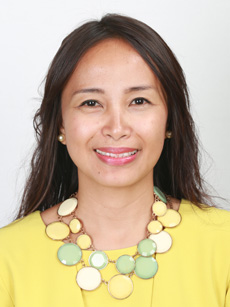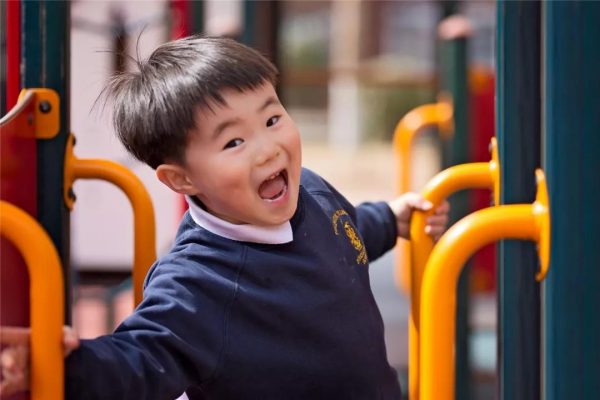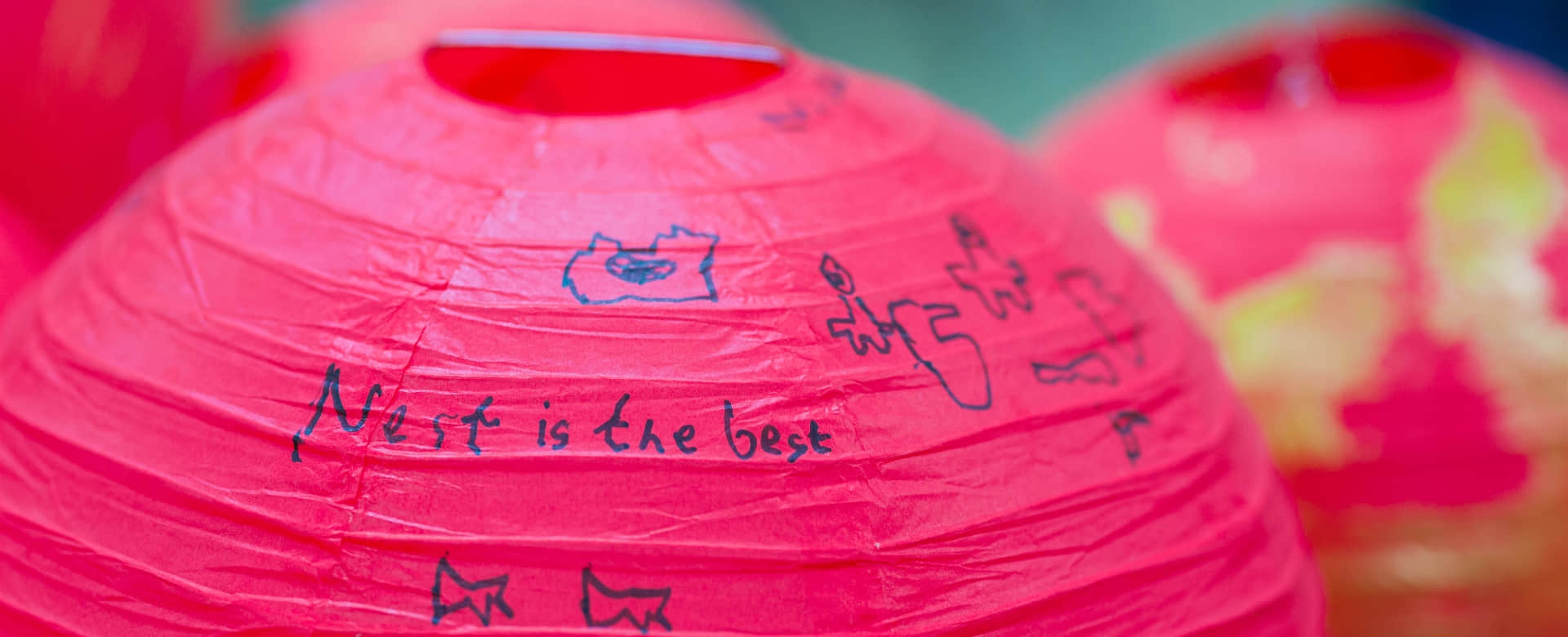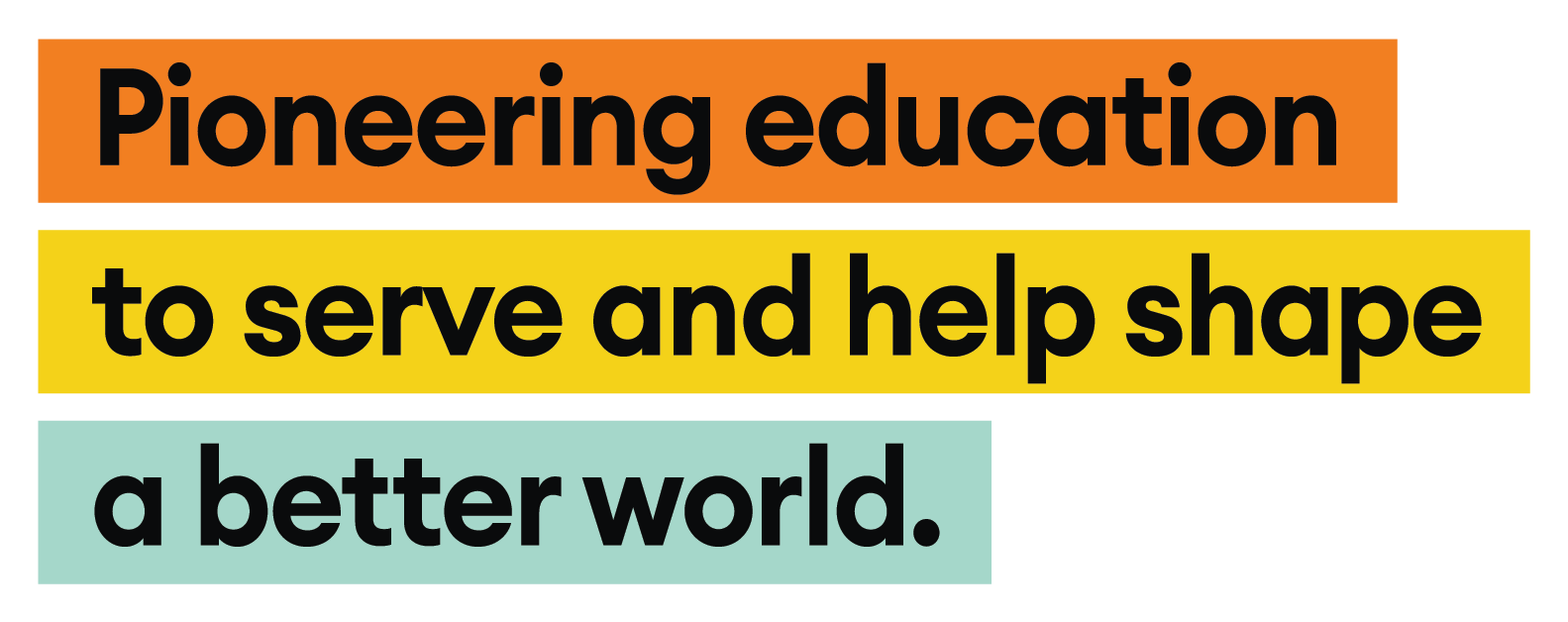Educational Insights The Epidemic of Entitlement
16 May 2018

Dionne Zantua Head of Early Years
 The problem now lies when these well-intentioned privileges transform into entitlement. Words like, “I deserve this” and “I am the only one in my class who does not have it” are signs that a child believes the world owes them and that they have every right to claim it.
Children who have a sense of entitlement often feel things must go their way and that their life is an endless pursuit of fun and happiness, and parents and society, owe it to them. The natural order of life, where rewards and punishments are the consequences of one’s behaviour, is a difficult concept for entitled children to understand. They have a need to be rewarded just for existing because they have been conditioned to get things without working for it. Over time this has serious consequences that will lead into adult life and will become a source of unhappiness and depression. Just imagine how entitled children will react if they do not get the job they interviewed for or when a significant other rejects them.
The problem now lies when these well-intentioned privileges transform into entitlement. Words like, “I deserve this” and “I am the only one in my class who does not have it” are signs that a child believes the world owes them and that they have every right to claim it.
Children who have a sense of entitlement often feel things must go their way and that their life is an endless pursuit of fun and happiness, and parents and society, owe it to them. The natural order of life, where rewards and punishments are the consequences of one’s behaviour, is a difficult concept for entitled children to understand. They have a need to be rewarded just for existing because they have been conditioned to get things without working for it. Over time this has serious consequences that will lead into adult life and will become a source of unhappiness and depression. Just imagine how entitled children will react if they do not get the job they interviewed for or when a significant other rejects them.
 If you are a parent of an entitled child, do not fret because there is still time to remedy this behaviour. The flip-side of the coin to entitlement is responsibility. Responsible children understand that there are consequences to their actions and will be held accountable. They know that it’s okay if they are not happy all the time and that they will and can learn from their mistakes. Furthermore, they develop a personal sense of empowerment and self-confidence “because they know that their control of their own behavior will and can determine what they get in life” (Sauls, n.d., para. 8).
If you are a parent of an entitled child, do not fret because there is still time to remedy this behaviour. The flip-side of the coin to entitlement is responsibility. Responsible children understand that there are consequences to their actions and will be held accountable. They know that it’s okay if they are not happy all the time and that they will and can learn from their mistakes. Furthermore, they develop a personal sense of empowerment and self-confidence “because they know that their control of their own behavior will and can determine what they get in life” (Sauls, n.d., para. 8).

References McCready, A. (2015). The ‘Me, Me, Me’ Epidemic: A Step-by-Step Guide to Raising Capable, Grateful Kids in an Over-Entitled World. New York, New York: Tarcher/Penguin. Sauls, M. (n.d.). Practice What You Preach: Raising Responsible versus Entitled Children. Retrieved from http://dunwoodypsychologists.com/Articles/raising_responsible_versus_entitled_children.htm
Related Articles

Preparing Your Little One for the Start of School15 Aug 2024
Lisa LiCo-Head of Early YearsAs we approach the end of summer break, I wanted to take a moment to reach out and check in with every one of you. I hope that you all are doing well and that your summer
Read More

Little Welly Club Wednesday Sessions20 Feb 2025
Tailored for children aged 10 to 24 months and their caregivers, the "Little Welly Club" has been a resounding success since its launch last year, with every session fully booked and receiving immense
Read More

Global Cuisine Event Highlights in Wellington10 Jan 2025
Last semester, Wellington College Tianjin, in collaboration with Sodexo, hosted an array of vibrant food-themed events. Centred around the themes of "Global Citizenship" and "Sustainable Development,
Read More





 Channel
Channel 
 Linkedin
Linkedin  Weibo
Weibo  Facebook
Facebook  Ins
Ins 







